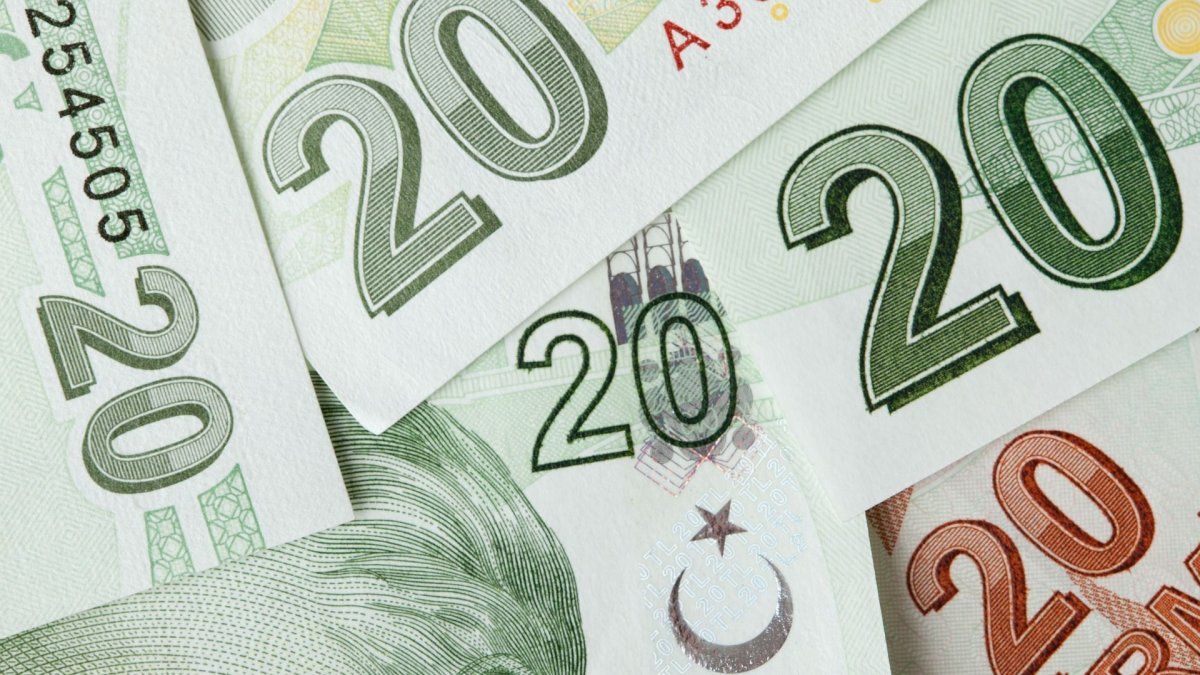The Turkish currency, massively supported by the central bank before the presidential and legislative elections held in May, is trading at 22.80 lira to one dollar, a fall of 5.5%.
Turkey’s central bank spent about $30 billion supporting the lira between January 1 and the presidential election, sending its foreign exchange reserves into negative territory for the first time since 2002.
President Erdogan recently promoted a completely unorthodox monetary policy, consisting of cutting interest rates despite strong inflation.
However, after being re-elected in the ballot on May 28, he appointed a new Economy Minister on Saturday, Mehmet Simsek, with a reputation as an orthodox economist and now in charge of putting a ceiling on inflation that in May it was 39.6% year-on-year.
Simsek said on taking office on Sunday that “rational measures” will have to be taken again to get the Turkish economy back on track.
Since Erdogan’s victory, the currency has plummeted
It should be noted that, since Erdogan’s victory on May 28, the currency depreciated 12% against the US currency and the percentage rises to 15% if we count from mid-May.
The news affected BBVA. The bank’s exposure to Turkey seems to continue to be disliked by the market and fell more than 0.5% on Wall Street and on the IBEX 35.
BBVA tower.jpg
For their part, Citi and Bankinter stressed that the stock market punishment of BBVA after Erdogan’s victory in the first round of elections was “excessive”. The American bank’s experts reiterated their advice to ‘buy’ the stock and noted that “the potential risks posed by its exposure to Turkey are overdiscounted”.
Source: Ambito
I am a 24-year-old writer and journalist who has been working in the news industry for the past two years. I write primarily about market news, so if you’re looking for insights into what’s going on in the stock market or economic indicators, you’ve come to the right place. I also dabble in writing articles on lifestyle trends and pop culture news.




